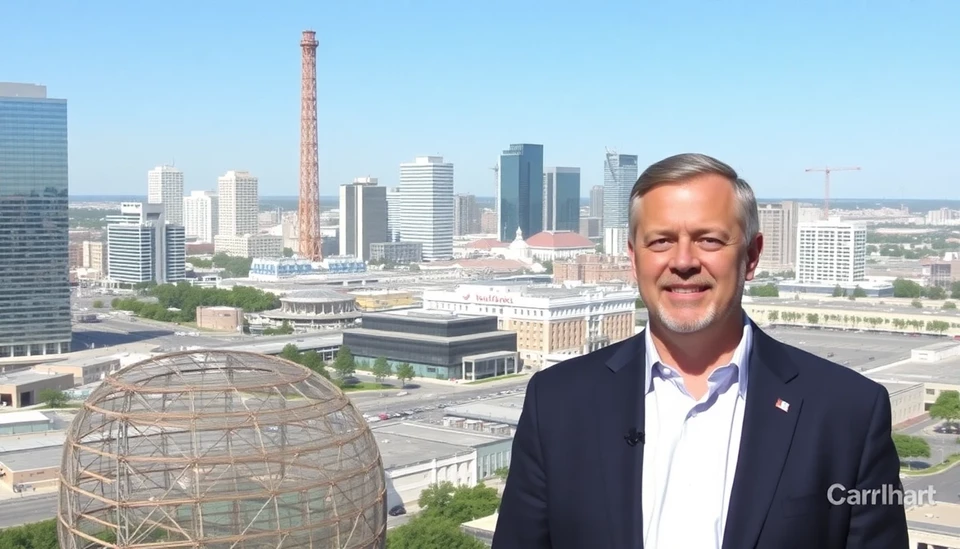
In a notable development in the realm of energy and infrastructure policy, the CEO of Williams Companies has expressed optimism regarding the potential for permitting reform in the wake of a recent election victory by former President Donald Trump. The comments reflect broader sentiments within the energy sector about the implications of a Trump-led administration on regulatory frameworks that impact project timelines and investments.
While speaking at a conference, Williams CEO Alan Armstrong outlined the potential advantages of a Trump win in how new energy projects could be expedited. He underscored that Trump's policies historically favored swift approval processes, which are critical for the timely execution of infrastructure projects such as pipelines and renewable energy installations. Armstrong’s remarks came as industry stakeholders seek clarity on future regulations and federal support that can enhance energy security and economic growth.
Armstrong stated that reforming permitting processes is essential for meeting the growing demand for energy while simultaneously ensuring environmental protection standards are upheld. He highlighted that a streamlined permitting process could shorten the lead time for such infrastructure projects by years, allowing companies to better adapt to the dynamic energy landscape. By reducing bureaucratic hurdles, the energy sector could see significant investments flood in, benefitting a range of associated industries and fostering job creation.
The notion of reform isn't without its critics; environmentalists warn that hastened permitting could lead to compromises in ecological safeguards. However, industry leaders argue that with the right balance, it is possible to achieve both timely project deliveries and robust environmental protections. The discourse surrounding permitting reform is evolving, as stakeholders from different sectors come together to discuss their visions for sustainable energy policies that can coexist with ambitious economic goals.
As the new administration takes shape, energy companies are keenly awaiting specific legislative proposals and regulatory changes that may emerge in the near future. Observers anticipate that permitting reform will be a high-priority topic on the agenda, particularly among Republican lawmakers who have long championed deregulation as a pathway to greater economic growth.
In conclusion, the expectation of a reformative approach to permitting processes represents a significant point of interest for both industry players and policymakers. The Williams CEO's projections indicate a potential shift in how energy infrastructure could be developed in the coming years, setting the stage for a more proactive regulatory environment if aligned with public interest priorities.
As the energy sector braces for these changes, the conversation will only deepen on how best to balance expedited growth with responsible environmental stewardship, a challenge that will define the next chapter of U.S. energy policy.
#PermittingReform #TrumpWin #EnergyPolicy #InfrastructureDevelopment #WilliamsCompanies #EnergyInvestment #EnvironmentalProtection
Author: Samuel Brooks




